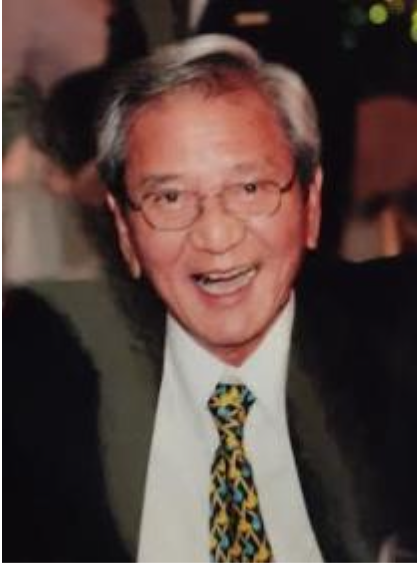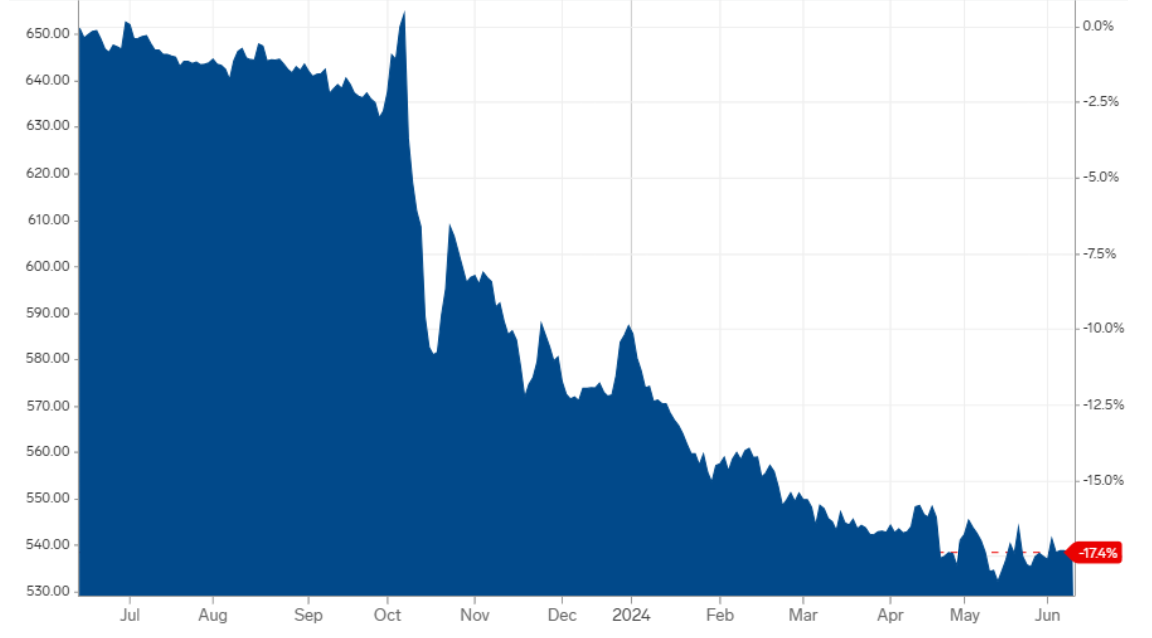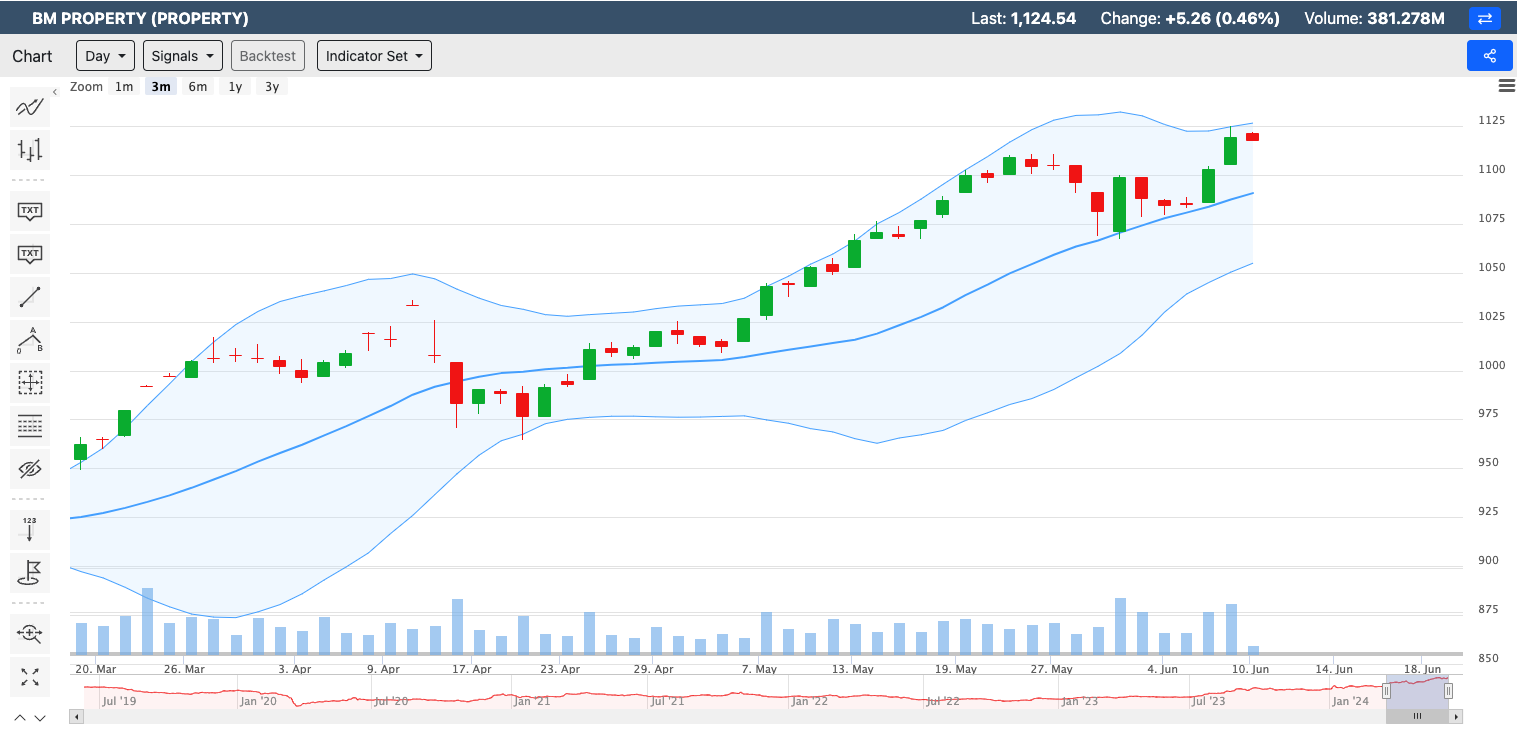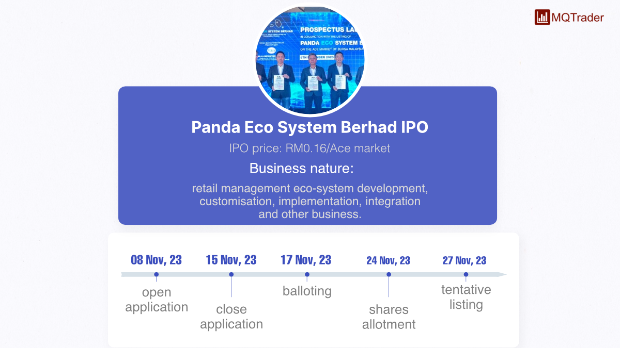RCEP: Asia-Pacific nations sign world’s biggest trade pact - Koon Yew Yin
Koon Yew Yin
Publish date: Sun, 15 Nov 2020, 07:35 PM
The China-backed RCEP deal excludes the US and will account for 30 percent of the world’s economy and population. Prime Minister Lee Hsien Loong, who led Singapore’s delegation, on Sunday hailed the signing of the RCEP as a "major milestone" and congratulated the 15 participating countries. "We have reached a major milestone of signing this agreement today. It has taken us eight years, 46 negotiating meetings and 19 ministerial meetings to get here. I am very grateful for the tireless efforts of ministers and negotiators from all participating countries who have worked so hard during the process.
"The RCEP is a major step forward for the world, at a time when multilateralism is losing ground and global growth is slowing," said Mr Lee.
Now, he added, "the hard work of implementing the agreement and encouraging our businesses to take full advantage of it begins". "We have all made difficult trade-offs to advance the negotiations. And we will have to work hard to persuade our citizens that the RCEP will benefit them," said Mr Lee. "But I have no doubt that the RCEP is a plus for all of us, and will help stem the tide against globalisation.
"Singapore looks forward to working with participating countries on the timely implementation of this momentous agreement," the Prime Minister added.
China and 14 other countries have agreed to form the world’s largest free trade bloc, encompassing nearly a third of all economic activity, in a deal many in Asia are hoping will help hasten a recovery from the shocks of the coronavirus pandemic.
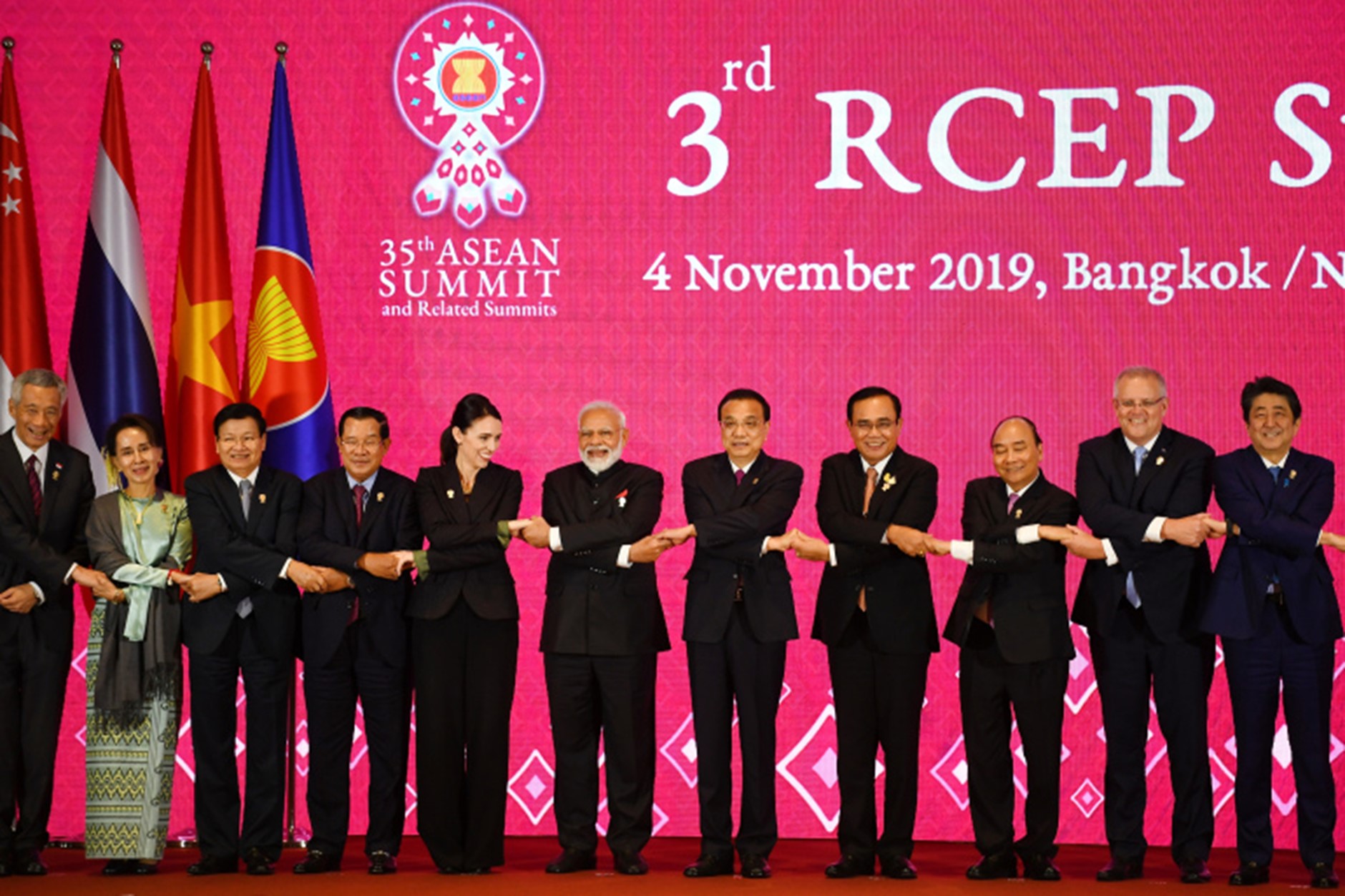
The Regional Comprehensive Economic Partnership, or RCEP, was signed virtually on Sunday on the side lines of the annual summit of the 10-nation Association of Southeast Asian Nations (ASEAN).
In the online ceremony, leaders of RCEP countries took turns standing behind their trade ministers who, one by one, signed copies of the agreement, which they then showed triumphantly to the cameras.
“RCEP will soon be ratified by signatory countries and take effect, contributing to the post-COVID pandemic economic recovery,” said Nguyen Xuan Phuc, prime minister of Vietnam, which hosted the ceremony as ASEAN chair.
RECP will take already low tariffs on trade between member countries still lower, over time. It will account for 30 percent of the global economy, 30 percent of the global population and reach 2.2 billion consumers, according to Vietnam.
RCEP “will help reduce or remove tariffs on industrial and agricultural products and set out rules for data transmission,” said Luong Hoang Thai, head of the Multilateral Trade Policy Department at Vietnam’s Ministry of Industry and Trade.
In addition to the 10 ASEAN nations, the accord includes China, Japan, South Korea, Australia and New Zealand, but not the United States. Officials said the accord leaves the door open for India, which dropped out due to fierce domestic opposition to its market-opening requirements, to re-join the bloc.
“After eight years of negotiating with blood, sweat and tears, we have finally come to the moment where we will seal the RCEP Agreement,” Malaysia’s Trade Minister Mohamed Azmin Ali, said in a statement ahead of the ceremony.
The deal sends a signal that RCEP countries have chosen “to open our markets instead of resorting to protectionist measures during this difficult time,” he said.
The accord is a coup for China, by far the biggest market in the region with more than 1.3 billion people, allowing Beijing to cast itself as a “champion of globalisation and multilateral cooperation” and giving it greater influence over rules governing regional trade, Gareth Leather, senior Asian economist for Capital Economics, said in a report.
The US is absent from RCEP and the 11-nation Trans-Pacific Partnership (TPP) deal that US President Donald Trump pulled out of shortly after taking office. This leaves the world’s biggest economy out of two trade groups that span the fastest-growing region on earth.
Now that Trump’s opponent Joe Biden has been declared president-elect, the region is watching to see how US policy on trade and other issues will evolve.
Analysts are sceptical Biden will push hard to re-join the trans-Pacific trade pact or to roll back many of the US trade sanctions imposed on China by the Trump administration given the widespread frustration with Beijing’s trade and human rights records and accusations of spying and technology theft.
Ahead of Sunday’s RCEP “special summit” meeting, Japanese Prime Minister Yoshihide Suga said he would firmly convey his government’s support for “broadening a free and fair economic zone, including a possibility of India’s future return to the deal and hope to gain support from the other countries”.
The RCEP agreement is loose enough to stretch to fit the disparate needs of member countries as diverse as Myanmar, Singapore, Vietnam and Australia. Unlike the European Union, it does not establish unified standards on labour and the environment or commit countries to open services and other vulnerable areas of their economies.
But it does set rules for trade that will facilitate investment and other business within the region, Jeffrey Wilson, research director at the Perth US-Asia Centre, said in a report for the Asia Society, an organisation that promotes US-Asia understanding.
“RCEP, therefore, is a much-needed platform for the Indo-Pacific’s post-COVID recovery,” he wrote.
The pact will take effect once enough participating countries ratify the agreement domestically within the next two years.
ASEAN members include Cambodia, Indonesia, Laos, Myanmar, the Philippines, Thailand, Brunei, Singapore, Malaysia and Vietnam.
More articles on Koon Yew Yin's Blog
Created by Koon Yew Yin | Jul 22, 2024
Recently one smart accountant pointed out to me that KP Property has millions of Redeemable Convertible Preference Shares (RCPS). This will affect its share price. I sold all my KPP shares to buy KSL.
Created by Koon Yew Yin | Jul 15, 2024
Currently Bahasa Melayu is taught in all Government sponsored schools. Bahasa Melayu is only good within Malaysia. All our overseas customers do not know Bahasa Melayu. I hope all our politicians...
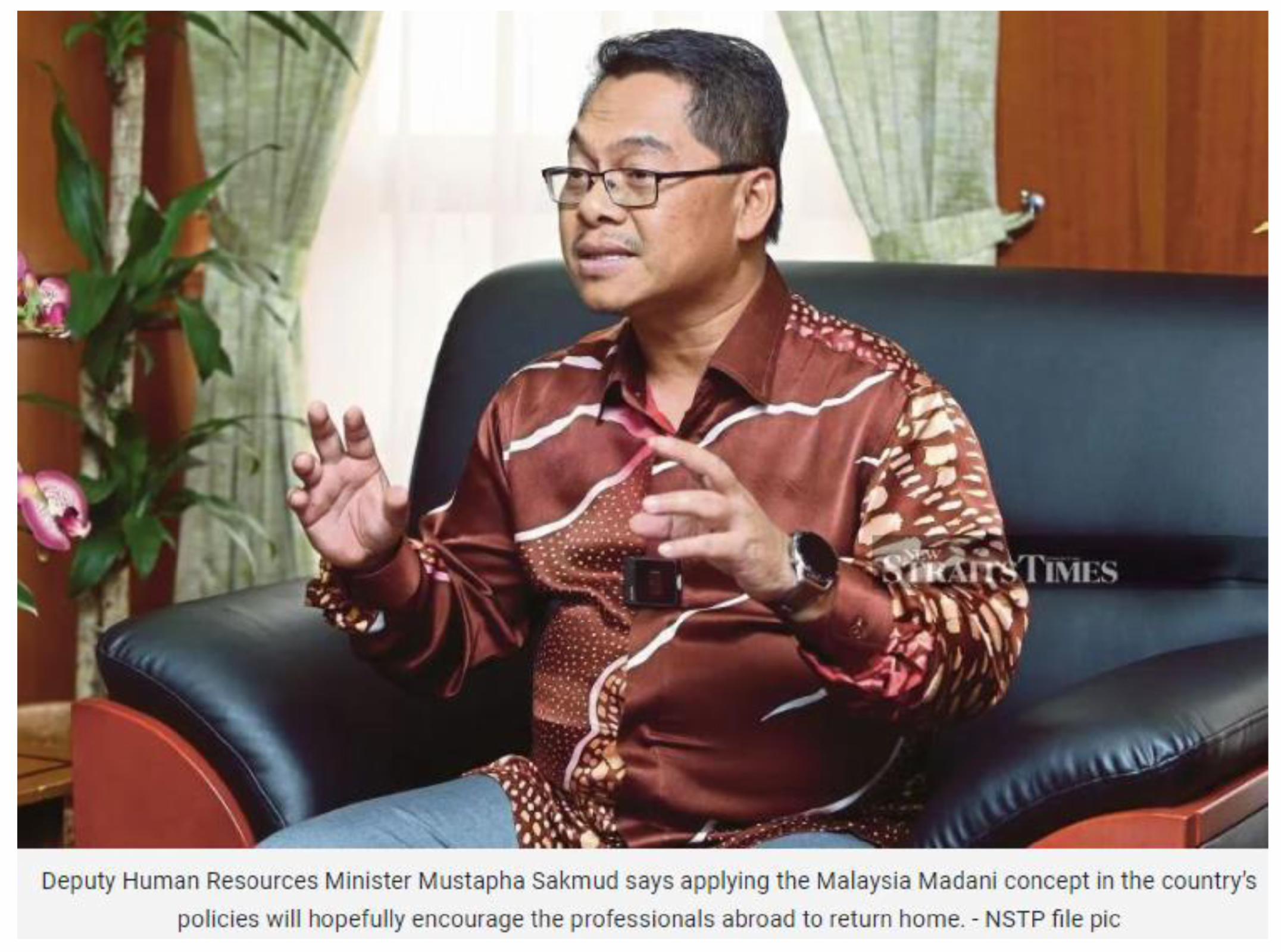

Created by Koon Yew Yin | Jul 09, 2024
Created by Koon Yew Yin | Jun 28, 2024
